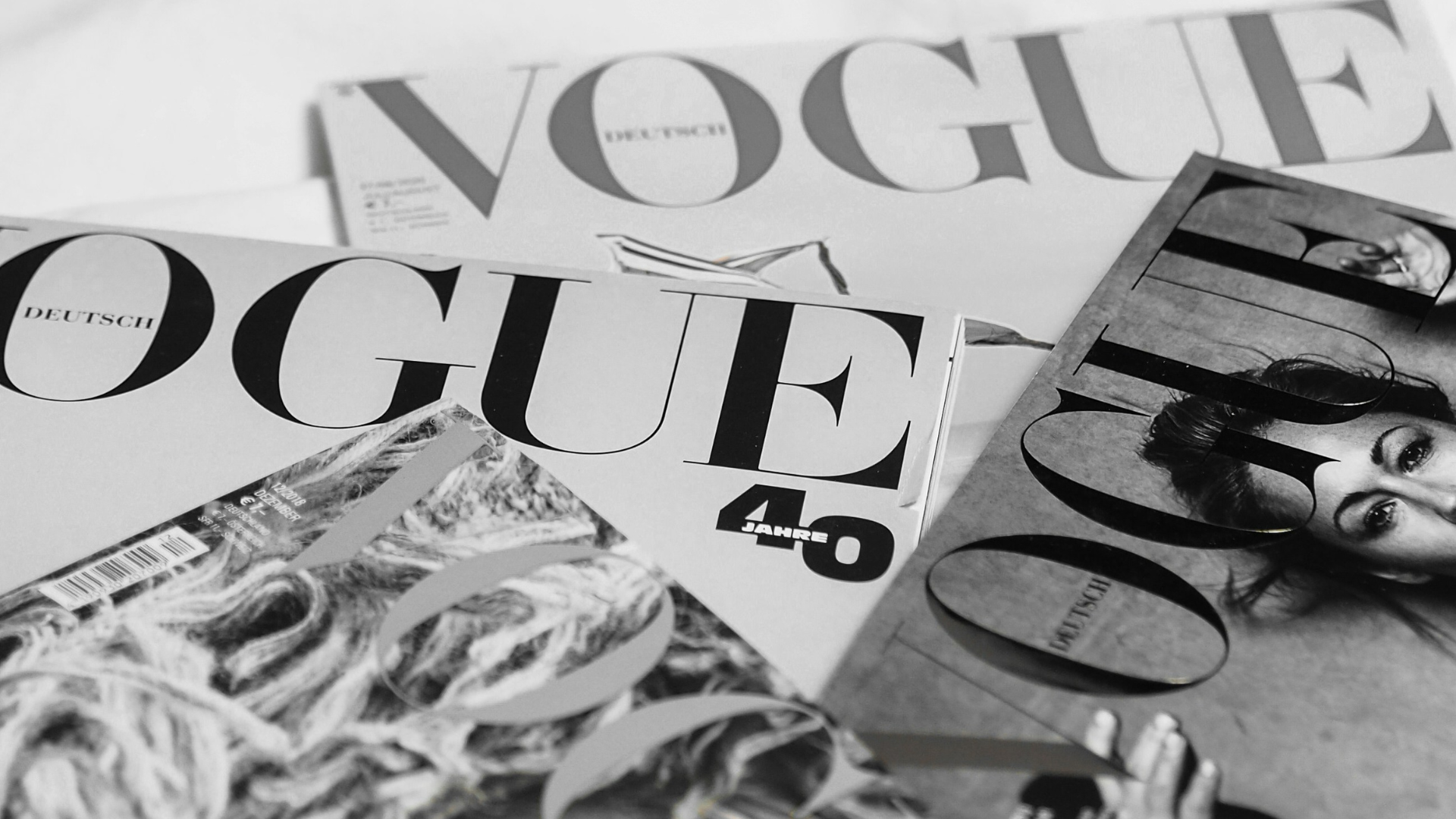Vogue’s AI models and the future of advertising ethics in CEE
Fashion brand Guess debuted AI-generated models in the August 2025 issue of Vogue, and it proved to be a highly and globally debated point of AI use in advertising, raising questions about diversity and transparency.
Even though AI influencers have been around for years now, the fashion models created by AI model agency Seraphinne Vallora sparked debate: job displacement, a lack of emotional depth, and the dismantling the progress in representation. Plus-size model and body positivity advocate Felicity Hayward called the move “upsetting and frightening,” warning that diverse and plus-size models are to lose most if AI becomes the industry norm.
The agency behind the AI models, Vivienne and Anastassia, framed them as creative supplements, not replacements. However, the visible disclaimer “AI-generated” failed to gain consumer trust, and some subscribers even cancelled their Vogue subscriptions.
Local regulations
We’ve extensively covered the legal aspects of AI in a series of articles, but to summarize the current frames which applies to CEE ad agencies: the EU AI Act classifies most AI-generated marketing as Limited Risk. This requires transparency, bias prevention, and record-keeping of how AI tools are used. If the content manipulates vulnerable groups, it could be treated as High Risk, with more serious compliance requirements. Not complying can mean fines of up to €35M or 7% of global turnover of the company at fault.
According to the Hungarian AI Guide created specifically for agencies, ethical AI use in advertising rests on four principles:
- Transparency and disclosure: clearly mark AI-generated content so audiences know it’s artificial.
- Diversity and representation: avoid bias and ensure inclusivity, because AI can inherit stereotypes from its training data.
- Accountability: even if the creative is AI-generated, the agency and client are fully responsible for it.
- Social impact: consider how synthetic perfection could harm body image, especially among young audiences.
How can agencies use AI?
Concerns about creatives (photographers, graphic artists, models) would lose their job have been present a long time now, but our experts stated that the technology should only change the demanded skills from creatives to use AI effectively, not put them out of a job. Also the use of AI should mean cost efficiency, but AI models are not cheap: the Guess campaign models costed six figures in dollars, and they also lack something humans have: the absence of emotional resonance and cultural nuance that creates unique bond, also market specificity.
This Guess campaign can serve a reminder that authenticity and personal connection remain powerful marketing tools, especially in a region as complex as CEE, so agencies who can merge innovation with integrity will have an advantage on their markets.
Published: August 19, 2025
